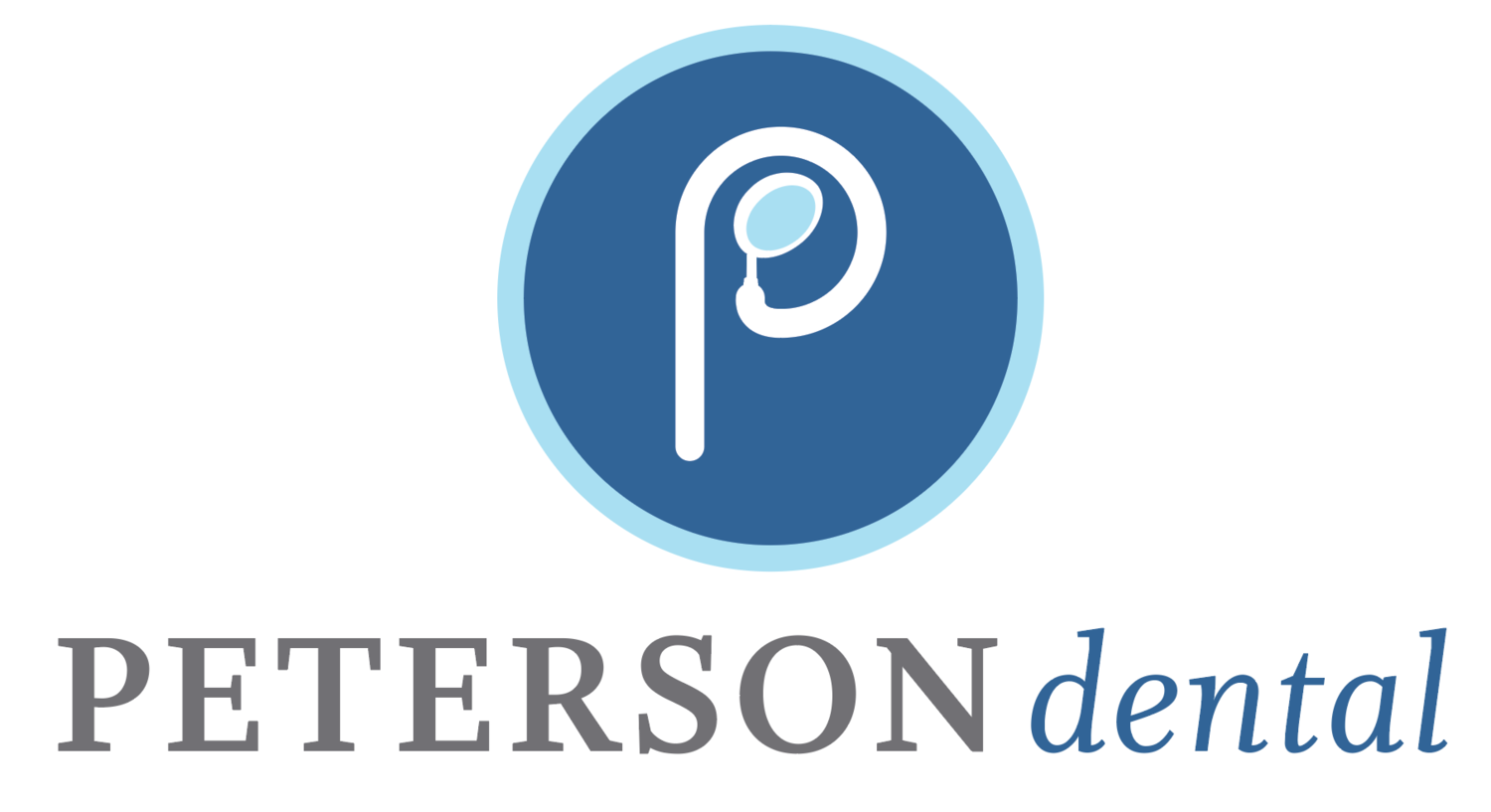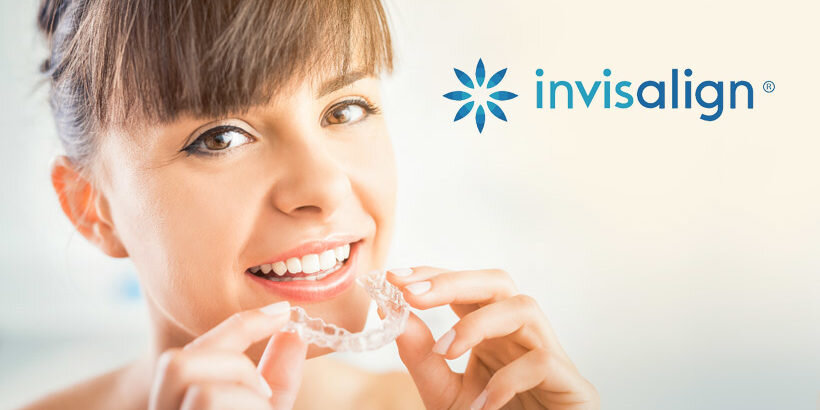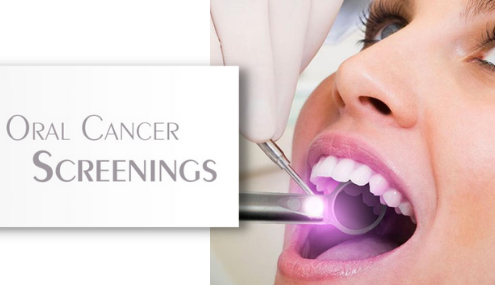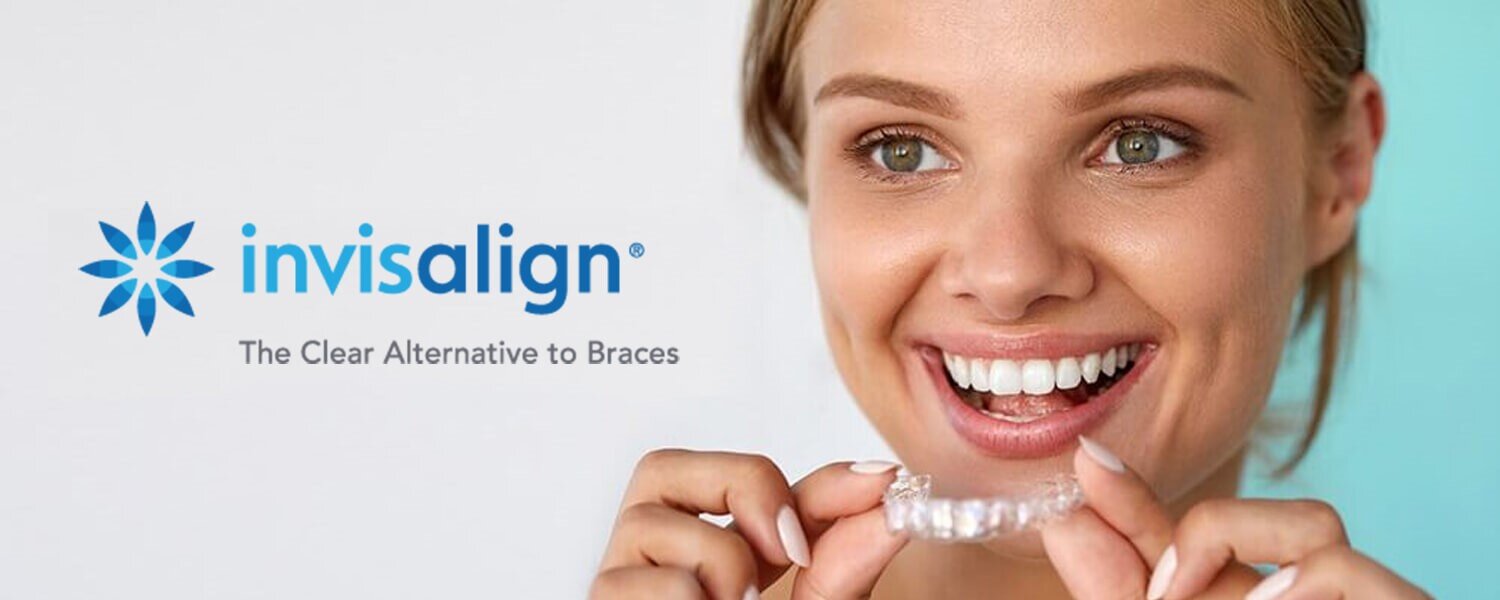Preventing Cavities: At Home
Q: Last time I went to purchase a toothbrush, I couldn’t believe all of the options! How do I know which one is right for me?
A: Three things make a great toothbrush:
Soft bristles: Many people prefer medium or hard bristles, but these are NOT good for your teeth and can injure your gums.
Correct size: Your toothbrush should be the right size for your age group. If you have trouble reaching those back teeth, choose a smaller sized head which will allow you to get around each tooth more thoroughly.
Replace it regularly: Replace your toothbrush every three months, not just every visit to the dentist.
Q: How often should I replace my toothbrush? What about when I get sick?
A: Replace your toothbrush every three months, not just every visit to the dentist. If you are using an electric toothbrush, be sure to read the directions and follow the manufacturer’s recommendations.
Patients with gum disease are encouraged to change their toothbrush every four to six weeks to keep any bacteria from spreading. After brushing, always rinse your toothbrush with hot water to kill germs and keep the bristles clean.
If you've been sick, be sure to change your toothbrush as soon as possible to prevent reintroducing those germs to your mouth.
Q: When it comes to toothpaste, there are nearly as many options as toothbrushes. Which one is best?
A: ADA-accepted fluoride toothpaste. This helps prevent tooth decay, gum disease, and the need for costly cosmetic or restorative dentistry in the future.
Q: Should I really brush my teeth twice a day?
A: Yes! At least! Regular brushing removes food particles and buildup. If left on your teeth, this debris will “feed” bacteria in your mouth that can cause cavities. Don’t feed those germs! Brush away their food source and the germs themselves at least twice a day. Spend at least one minute on your top teeth and at least one minute on your bottom teeth. Also remember to brush your tongue to help keep your breath smelling fresh.
If you eat or drink something sugary, you should immediately rinse with water. You can also chew sugar free gum that contains the chemical Xylitol. It helps prevent cavities. Remember, sugar is the food source for bacteria that causes cavities. Leave it in your mouth, and they have a feast.
Q: Should I really floss everyday?
A: Absolutely. If you don’t floss, food particles can get wedged between your teeth. Bacteria latch onto these particles and to your gums. The best way to remove these germs is by gently flossing them away. This helps to prevent gum disease.
When flossing, use about an 18 inch strand of floss. Ease the floss between each tooth, then sweep it up and down several times while curving around the tooth at the gum line. Don’t forget to floss behind your last tooth. If you have bridges, braces or other dental work, use a floss threader to help get in those hard to reach places.
Q: Is it really true that eating sweets causes cavities?
A: Yes. In fact, if you never ate anything containing sugar, you would never get a cavity. We don’t recommend anything that drastic. You can enjoy sweet treats and foods high in acid, but you must brush your teeth after eating them. In the very least, rinse your mouth with water. This will wash away some of the sugar that attracts the germs that cause cavities. No sugar, no food source for those germs.
Q: My gums bleed a lot when I floss, and sometimes even when I brush. That’s why I hate to brush and floss. I know it’s good for me, but it’s really uncomfortable. What should I do?
A: Gums that bleed during flossing, and especially those that bleed during brushing, are a sign of gum disease. We recommend making an appointment to see a dentist immediately to begin treatment. When left undiagnosed and untreated, gum disease can cause early tooth loss, regardless of your age.
Q: I’ve been seeing a lot of commercials lately about acid erosion of teeth. Is this something I should be worried about?
A: Acid erosion is a valid concern. When you drink something that has a lot of acid in it, like a soft drink, sports drinks, energy drinks, sweet tea or juice, the acid in these drinks can sit on your teeth and actually erode the enamel over time. Limiting your intake of these types of beverages will help.
You should also rinse with water after consuming these drinks. Gastric problems like acid reflux can also contribute. If you’re concerned about acid erosion, be sure to ask your dentist if you’re at risk and what measures you should take to protect the enamel on your teeth.
More Reading: Preventing Cavities - At the Dentist's Office








